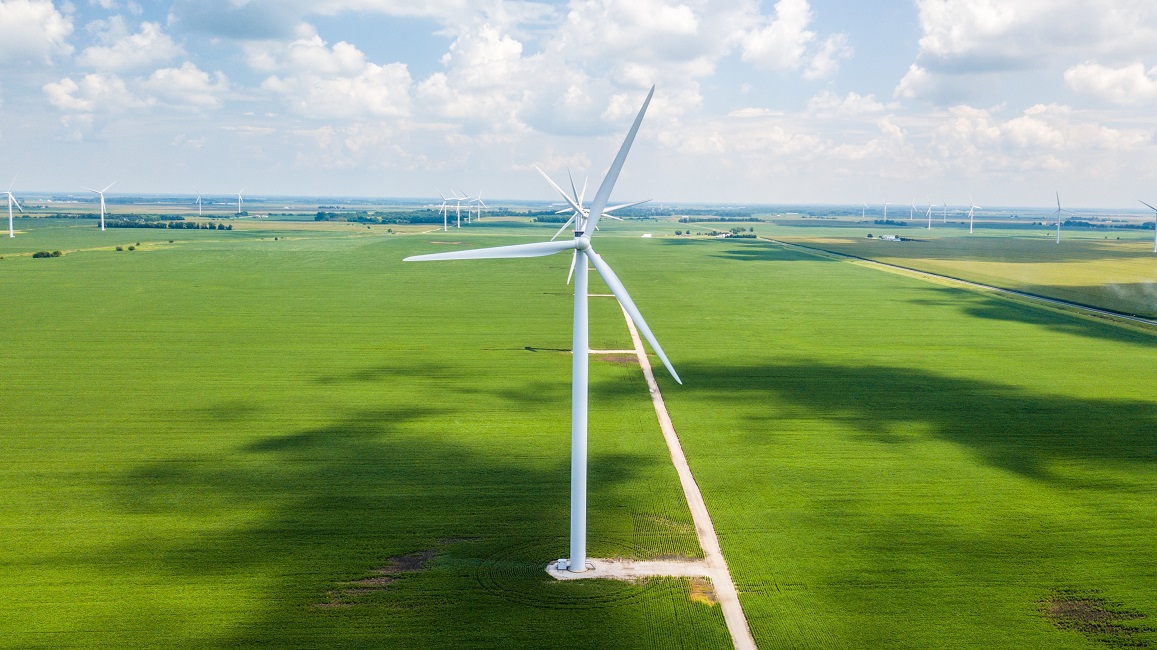Benefits
Renewable character
Wind energy is one of the oldest renewable, naturally deployable, energy sources used by man.
Protected ecosystem
Wind is the most environmentally-friendly method of generating energy. The operation of a wind power plant does not pollute water or soil, and does not exclude other land use, such as agriculture.
Clean energy
Wind turbines convert wind kinetic energy into electricity without any emissions into the air. No CO2, no other greenhouse gases, dusts or hazardous waste left behind as poisonous heritage for future generations – just clean energy.
Saving water and fossil fuels
Fossil fuel resources are decreasing. Unlike conventional power plants, wind farms do not consume huge amounts of water, already a scarce resource.
Increasing production capacity
Wind farms will soon reach a production capacity of 1000 GW. At the same time, wind energy production costs are decreasing – turbines are becoming cheaper, and, once they are constructed, their operation costs are almost zero.
Energy safety
Along with climate change, this is a strategic challenge for governments around the world - especially for those whose economy depends on fossil fuel imports. Wind farms contribute to reducing this dependency.

Regional development
Wind energy gives community members a share in their own energy. In turn, revenues from taxes paid by operators enable a community to make necessary investments, e.g. in health care, education, or infrastructure. The area occupied by wind farms and their infrastructure is limited. Agricultural activities may be continued in the vicinity of wind turbines.
